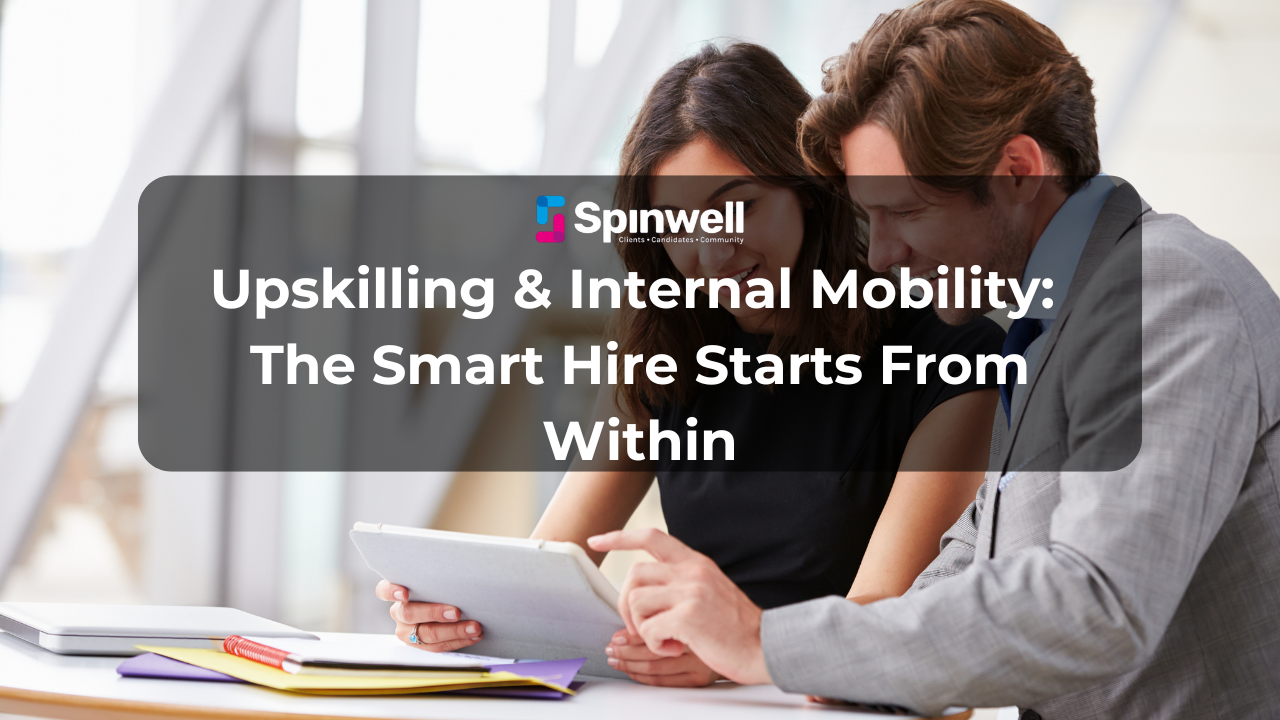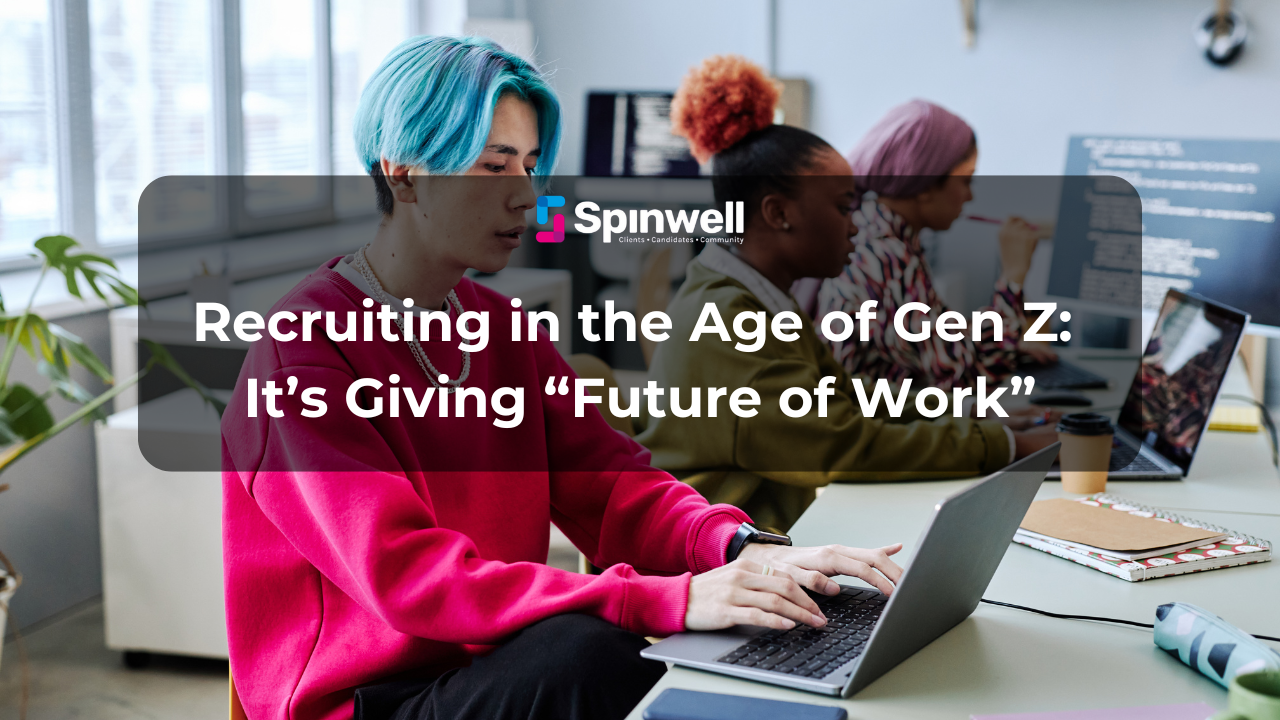
How to get Your CV Noticed in the AI Age
Artificial Intelligence (AI) is increasingly being used in various stages of the hiring process, including:
- Resume screening: AI algorithms can quickly scan resumes and identify key skills and qualifications, allowing recruiters to identify the most qualified candidates more quickly.
- Interview scheduling: Chatbots powered by artificial intelligence can interact with candidates and schedule interviews based on their availability.
- Interviews: AI-powered virtual interview assistants can conduct preliminary interviews and provide the interviewer with real-time feedback.
- Assessing candidates: During virtual interviews, AI-based assessment tools can evaluate candidates based on their behaviour, tone, and facial expressions.
- Predictive hiring: Using data from previous hires, AI can help predict which candidates are most likely to succeed in a given role.
- Background check: AI-powered tools can quickly scan social media and other online platforms to determine a candidate’s background.
- Checking references: AI-based tools can also automatically contact references and verify the information provided by a candidate.
With all that being said, here are a few tips on how to prepare a CV for AI screening:
- Use job-related keywords: AI algorithms use keywords to match resumes with job requirements. Make sure to include relevant keywords from the job description in your CV.
- Use a simple format: Because AI algorithms are designed to read text, it’s critical to use a clear, simple format that they can understand. Use simple formatting and graphics as much as possible.
- Use bullet points: Because AI algorithms can easily read bullet points and lists, use them to highlight your qualifications and skills.
- Use specific data: AI algorithms are best suited to understanding and evaluating specific, quantifiable data. Include specific examples of your abilities and accomplishments, as well as any data or statistics demonstrating their impact.
- Provide relevant information: Make sure your CV contains all of the information that the employer is looking for, such as contact information, education and work experience, and any relevant certifications or training.
- Avoid irrelevant information: Such as your hobbies or interests, as this can detract from the key information that the employer is looking for.
- Use a standard format: When submitting your CV, try to use a standard format such as .pdf, .doc, or .txt, as this will make it easier for the AI to read and process.
- Check for spelling and grammar errors before submitting your CV, as errors can make it difficult for the AI to understand your CV.
It’s important to remember that AI works best when combined with human decision-making rather than replacing it entirely. So, if you do use AI to create your CV, still check over it, refine it, and give it personality.


